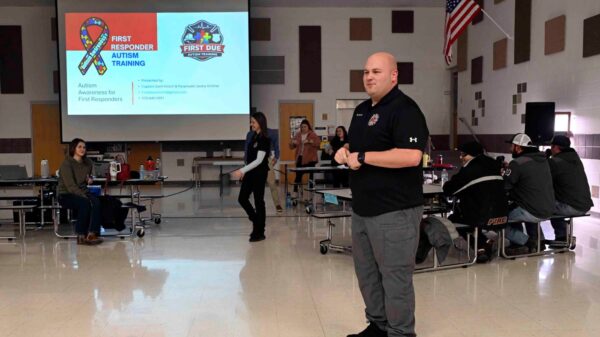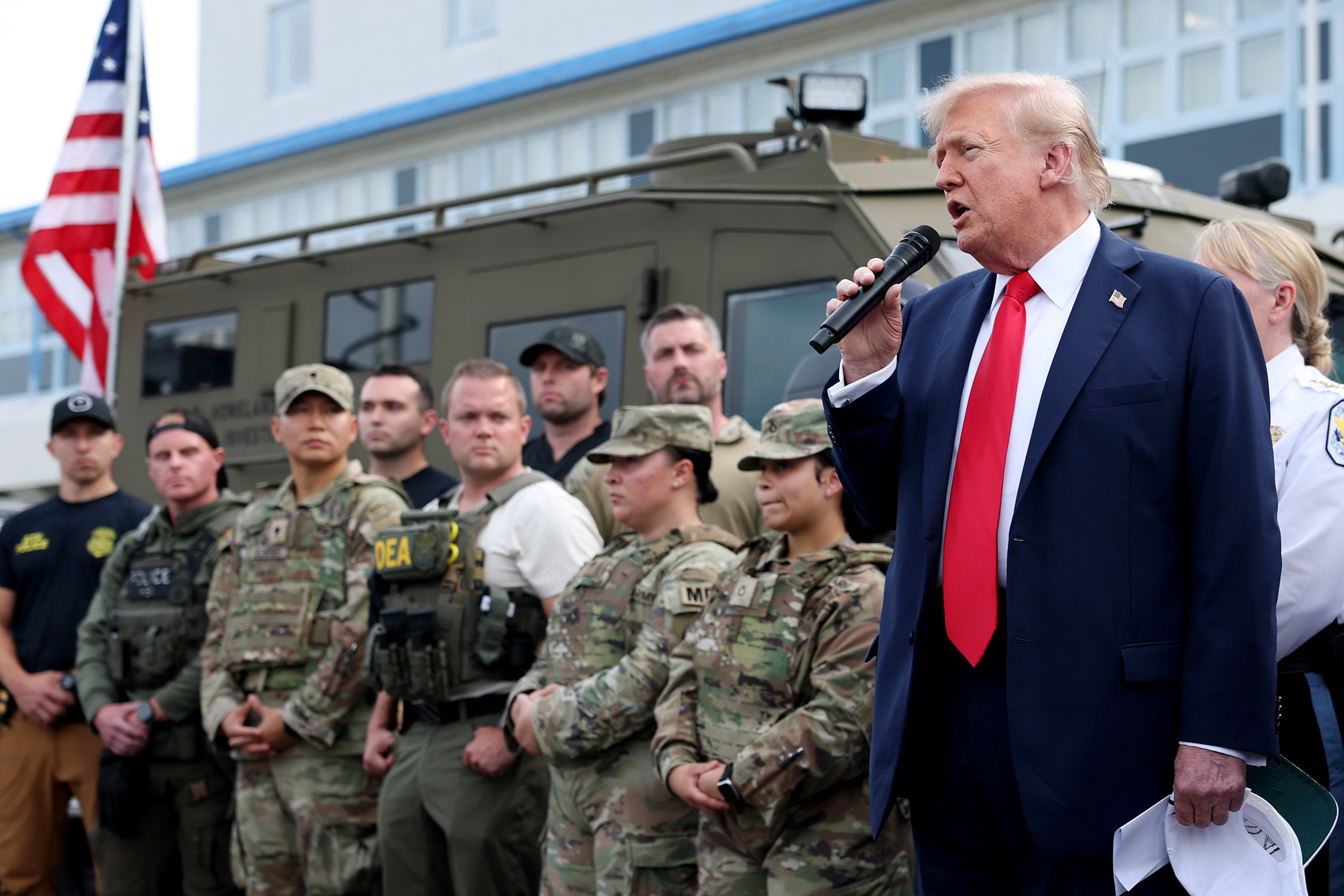UPDATE: President Donald Trump faces escalating backlash following his recent claim that the National Guard is essential to control “roving mobs of wild youth” in urban areas. This controversial statement, made during his visit to the U.S. Park Police Anacostia Operations Facility on August 21, 2025, threatens to undermine decades of progress in juvenile justice reform across the nation.
Critics, including U.S. Attorney for D.C. Jeanine Pirro, argue that such rhetoric could lead to dangerous policies regarding youth in cities like Washington, D.C., Chicago, Los Angeles, and Baltimore. Pirro expressed intentions to amend laws to prosecute young offenders in adult courts, a move many see as regressive and harmful.
The implications of treating young people with “militarized suspicion” echo the damaging “super-predator” language of the 1990s, which disproportionately targeted youth from communities of color. This approach not only risks criminalizing innocent children but also diminishes the integrity of law enforcement agencies.
“We should not look at all young people in Washington, D.C., or any American city, with militarized suspicion,” Pirro stated during a press conference. “That’s not the way to reach at-risk youth or reduce crime.”
As juvenile crime rates show a decline in major American cities, advocates stress the importance of investing in community-based solutions rather than militarization. Organizations like Strategies for Youth emphasize the need for educational initiatives that empower young people with knowledge about their rights and responsibilities.
Recent data reveals alarming gaps in youth understanding of police interactions. In a nationwide program, roughly 80% of participants reported learning critical information about encounters with law enforcement for the first time. This highlights a pressing need for comprehensive training and policies that consider the developmental stages of juveniles.
Current practices are failing to equip police officers with appropriate training for dealing with youth. The deployment of the National Guard into these roles not only complicates police-community interactions but also risks escalating tensions in vulnerable neighborhoods.
Many community leaders argue that effective, safe policing is rooted in accountability and understanding, reinforcing the need for local police departments to remain the primary authority in youth matters. Militarizing these interactions may ultimately damage the credibility and trust necessary for effective law enforcement.
As the Trump administration moves forward with its approach, experts warn that it will not lead to safer communities; instead, it will exacerbate existing tensions and put young lives at risk.
The stakes are high. Communities across the nation are watching as the debate over youth treatment and public safety unfolds. Children, the most vulnerable members of society, deserve better than a law enforcement strategy rooted in fear and distrust.
As this situation develops, it is crucial for policymakers and community leaders to prioritize constructive dialogue and reform that genuinely seeks to protect our children and foster safe environments.
For continuous updates on this developing story, stay tuned.








































































